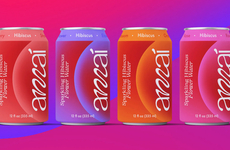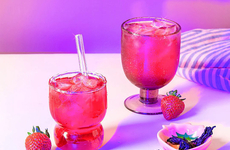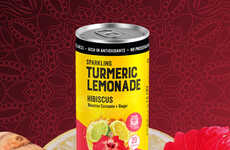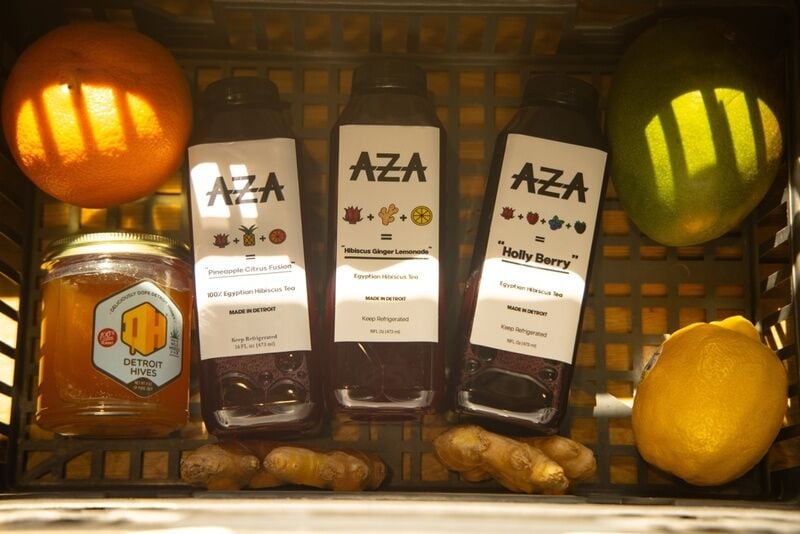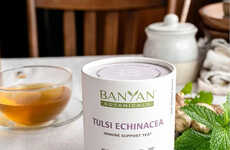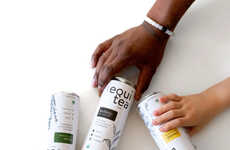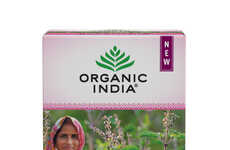
AZA Hibiscus Tea Emphasizes the Importance of Wellness
Detroit-based brand AZA Hibiscus Tea offers a refreshing and wellness-focused beverage made from hibiscus flowers and fresh fruit sourced from a farm in Aswan, Egypt. The company prides itself on providing a product that supports physical health, particularly in areas like blood pressure regulation, immune function, and gut health, while also promoting mental well-being.
Hibiscus tea is known by various names across different cultures — from karkade in Egypt to sorrel in Jamaica — and has long been celebrated for its health benefits. AZA Hibiscus Tea's offering stands out by using the roselle variety of hibiscus, a smaller and more antioxidant-rich strain compared to the more commonly used Hibiscus rosa-sinensis. AZA’s choice of sourcing from Egypt's fertile soil near the Nile further enhances the drink's quality and flavor.
Image Credit: AZA Hibiscus Tea
Hibiscus tea is known by various names across different cultures — from karkade in Egypt to sorrel in Jamaica — and has long been celebrated for its health benefits. AZA Hibiscus Tea's offering stands out by using the roselle variety of hibiscus, a smaller and more antioxidant-rich strain compared to the more commonly used Hibiscus rosa-sinensis. AZA’s choice of sourcing from Egypt's fertile soil near the Nile further enhances the drink's quality and flavor.
Image Credit: AZA Hibiscus Tea
Trend Themes
1. Functional Beverages - Hibiscus tea like AZA’s, which is rich in antioxidants and supports various aspects of health, represents a shift towards drinks that offer functional benefits beyond mere hydration.
2. Cultural Rebranding - The rebranding of traditional beverages like hibiscus tea from 'karkade' to more globally marketable names highlights a broader trend of cultural adaptation in the beverage industry.
3. Sustainable Sourcing - Sourcing ingredients from fertile regions such as Egypt’s Nile Valley underscores a growing trend of brands emphasizing high-quality, sustainable, and ethically-sourced ingredients.
Industry Implications
1. Wellness Products - The surge in hibiscus tea products aimed at enhancing both physical and mental well-being places this tea squarely within the expanding wellness products industry.
2. Ethnic Foods and Beverages - By highlighting traditional drinks like hibiscus tea, brands tap into the ethnic foods and beverages industry, expanding consumer palates and cultural knowledge.
3. Agriculture and Farming - The emphasis on sourcing hibiscus flowers from specific regions such as Aswan elevates the intersection between beverage production and the agriculture and farming industry.
4.5
Score
Popularity
Activity
Freshness



